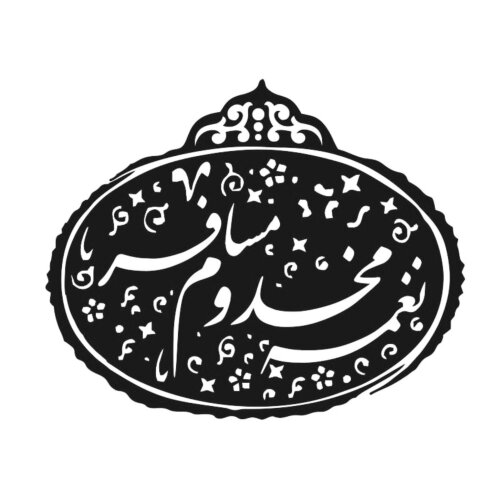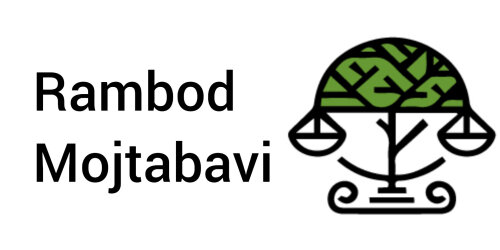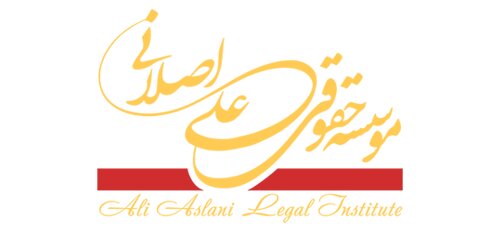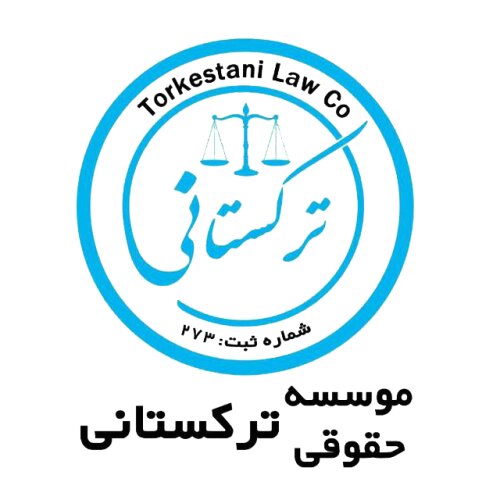Best Antitrust Litigation Lawyers in Tehran
Share your needs with us, get contacted by law firms.
Free. Takes 2 min.
List of the best lawyers in Tehran, Iran
About Antitrust Litigation Law in Tehran, Iran
Antitrust litigation in Tehran, Iran refers to the legal process of resolving disputes and enforcing regulations concerning fair competition and the prohibition of monopolistic practices. The Iranian legal system aims to foster a healthy commercial environment by ensuring that businesses do not engage in unfair competition, price-fixing, abuse of market power, or the creation of illegal monopolies. The Iranian Competition Council, under the auspices of the Competition Protection and Antitrust Law, plays a significant role in monitoring, investigating, and addressing anti-competitive conduct in the marketplace. Litigation can involve both private parties and regulatory authorities seeking to uphold fair market practices for the benefit of consumers and businesses alike.
Why You May Need a Lawyer
Individuals and businesses in Tehran may require the assistance of a lawyer specializing in antitrust litigation in a variety of circumstances, such as:
- Facing allegations of anti-competitive behavior or monopolistic practices
- Being subject to investigations by competition authorities
- Starting or defending a lawsuit related to unfair competition, collusion, or market manipulation
- Mergers or acquisitions that could raise antitrust concerns
- Challenging the conduct of competitors that may violate competition laws
- Understanding compliance requirements to avoid violating antitrust regulations
A qualified lawyer can help you navigate the complexities of antitrust law, represent you before regulatory bodies, assist with negotiations, and advocate on your behalf in court if necessary.
Local Laws Overview
Iran’s primary legal framework for antitrust matters is set out in the “Law on Execution of General Policies of Article 44 of the Constitution” and supplemented by the “Competition Protection and Antitrust Law.” These laws aim to prevent abuse of market dominance, prohibit restrictive agreements, and regulate fair competition. The Competition Council and the Iranian Competition Authority are tasked with the enforcement of these laws.
Key aspects of antitrust law in Tehran include:
- Prohibitions on price-fixing, market sharing, and bid-rigging
- Restrictions on mergers and acquisitions that may lead to market monopolies
- Monitoring of businesses with significant market share to prevent abuse of dominance
- Legal mechanisms allowing those harmed by unfair competition to seek damages
- Regulated investigation procedures and penalties for breaches of antitrust regulations
These laws apply to both private and public sector actors and are enforced by specialized governmental bodies. Violations can result in financial penalties, orders to cease unlawful practices, or other remedies as determined by the court.
Frequently Asked Questions
What is considered anti-competitive behavior under Iranian law?
Anti-competitive behavior includes price-fixing, collusion, abuse of market dominance, market division, and any actions that unfairly limit competition or harm consumers within the Iranian market.
Who enforces antitrust laws in Tehran?
The Iranian Competition Authority and the Competition Council are the main governmental bodies responsible for investigating and enforcing antitrust laws and handling related disputes.
Can businesses be penalized for violating antitrust laws?
Yes, businesses found guilty of anti-competitive practices can face fines, be ordered to modify or cease certain operations, and may have to pay damages to affected parties.
Can individuals file complaints against companies for anti-competitive conduct?
Yes, individuals, competitors, and consumers can file formal complaints with the Iranian Competition Authority if they suspect anti-competitive conduct.
What types of agreements are prohibited under Iranian antitrust law?
Agreements that include price-fixing, market division, restricting production, sharing sensitive information between competitors, or concerted actions to hinder competition are generally prohibited.
Does Iranian antitrust law apply to foreign companies operating in Tehran?
Yes, foreign companies operating within Iran’s markets are subject to the same antitrust regulations as domestic businesses.
How are mergers and acquisitions regulated?
Significant mergers and acquisitions must be reviewed and, if necessary, approved by the Competition Council to ensure that they do not reduce competition or lead to excessive market concentration.
What are the penalties for antitrust violations?
Penalties can include fines, orders to discontinue unlawful activities, reputational damage, as well as possible compensation for victims of anti-competitive behavior.
What is the process of antitrust litigation in Tehran?
Antitrust cases may begin with an investigation by regulatory authorities, followed by administrative proceedings or lawsuits in court, depending on the nature of the dispute and the parties involved.
How long do antitrust cases typically take to resolve?
The length of proceedings can vary based on the complexity of the case, the amount of evidence, and cooperation from parties. Some cases resolve in a few months, while more complex matters may take years.
Additional Resources
If you are seeking more information or need assistance, consider contacting the following bodies and organizations:
- Iranian Competition Authority - The primary government body for competition issues
- Competition Council - Responsible for regulatory oversight and enforcement
- Ministry of Industry, Mine, and Trade - Covers guidelines for market operations and competition
- Local law firms specializing in commercial and antitrust law
- Tehran Chamber of Commerce for guidance and networking resources
These organizations can provide guidance, publications, and referrals to qualified legal professionals.
Next Steps
If you believe you have encountered anti-competitive practices, or if your business is facing an antitrust investigation or dispute in Tehran, it is crucial to seek legal counsel as soon as possible. Start by documenting relevant facts and communications. Reach out to a qualified antitrust lawyer familiar with Iranian law for a consultation. Your lawyer can assess your situation, explain your rights and obligations, strategize your defense or complaint, and represent you before courts or regulatory bodies. Early legal engagement can help you avoid penalties, resolve disputes efficiently, and ensure compliance with all relevant regulations.
Taking these steps not only protects your interests but also contributes to a fair and competitive business environment in Tehran and throughout Iran.
Lawzana helps you find the best lawyers and law firms in Tehran through a curated and pre-screened list of qualified legal professionals. Our platform offers rankings and detailed profiles of attorneys and law firms, allowing you to compare based on practice areas, including Antitrust Litigation, experience, and client feedback.
Each profile includes a description of the firm's areas of practice, client reviews, team members and partners, year of establishment, spoken languages, office locations, contact information, social media presence, and any published articles or resources. Most firms on our platform speak English and are experienced in both local and international legal matters.
Get a quote from top-rated law firms in Tehran, Iran — quickly, securely, and without unnecessary hassle.
Disclaimer:
The information provided on this page is for general informational purposes only and does not constitute legal advice. While we strive to ensure the accuracy and relevance of the content, legal information may change over time, and interpretations of the law can vary. You should always consult with a qualified legal professional for advice specific to your situation.
We disclaim all liability for actions taken or not taken based on the content of this page. If you believe any information is incorrect or outdated, please contact us, and we will review and update it where appropriate.















